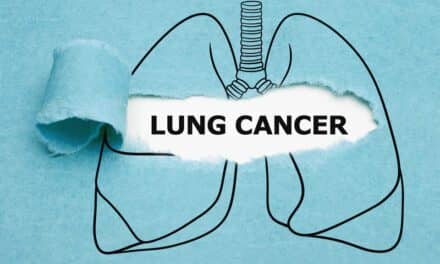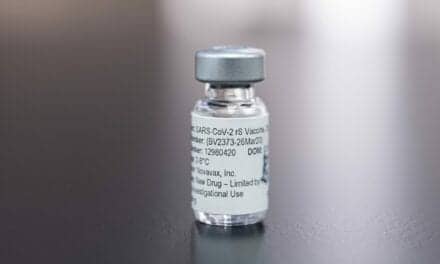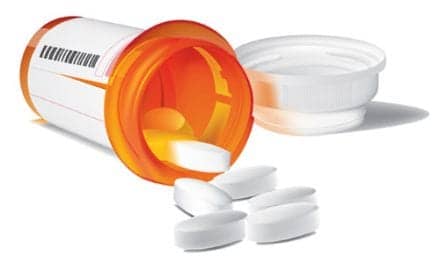Researchers at the University of Massachusetts Medical School, Worcester, Mass, and the University of Florida, Gainesville, Fla, safely gave new, functional genes to patients with alpha-1 antitrypsin deficiency. The clinical trial findings appear this week in the online early edition of the Proceedings of the National Academy of Science.
"This trial represents a very important step toward a potential gene therapy for the 100,000 or more Americans who suffer with alpha-1 antitrypsin deficiency," said senior author Terence R. Flotte, MD, dean of the School of Medicine and provost and executive deputy chancellor of UMass Medical School.
During the trail three patients who received injections of a harmless virus containing copies of a correct gene for alpha-1 protein in their upper arms were able to produce trace amounts of alpha-1 antitrypsin for up to 1 year. The levels produced were not considered therapeutic, but the study provided critical "proof of principle" that a corrected, functioning gene could trigger production of the protein, according to the researchers.
The National Heart, Lung and Blood Institute recently awarded a 5-year, $2 million grant to Flotte for further clinical trials studying the use of an adeno-associated virus to deliver the alpha-1 antitrypsin gene.
The trial established the safety of the adeno-associated virus used to "infect" patients’ cells with replacement genes, which then produce the alpha-1 protein. Nine patients were divided in three groups to receive the gene therapy. Patients received nine injections in their non-dominant upper arms, with the dosage increasing in each group. At 365 days after the injections, the transferred genes were measurably producing alpha-1 protein in the three patients who received the highest dose, showing that the normal gene was successfully transferred and had begun doing its intended job in the patients’ muscles.
"When you deliver this therapy into the deltoid muscles of the arm, the muscle becomes a factory for making the protein that these individuals are missing," said first author Mark L. Brantly, MD, a professor of medicine and molecular genetics and microbiology at UF’s College of Medicine in an announcement about the trial findings.
"I hope the alpha-1 community is as encouraged as I am that although this trial does not give us any guarantee, there is a fighting chance to develop a therapy using this method," said Flotte. "In patients receiving the highest dose in this study, we saw transgene expression. And although it approached just 1% of what we ultimately want, we can be reasonably optimistic that we can achieve much closer to normal values in people by using the same approach with an increased dose."
Researchers did not detect any evidence that the patients’ bodies rejected the transferred genes or the newly created protein; however, patients showed some elevated immune response to the gene therapy vector—which was designed to quickly break down after delivering its cargo
"That’s a really good sign," said Brantly. "After we gave the injections, the individuals stayed on the ward for five days while we monitored them. There were no ill effects, only a minimal amount of redness, and by the end of the five days most of the subjects were actually bored."









